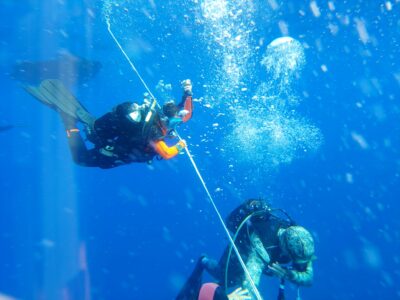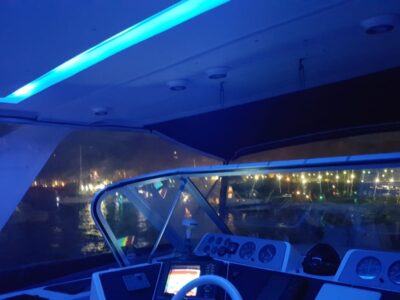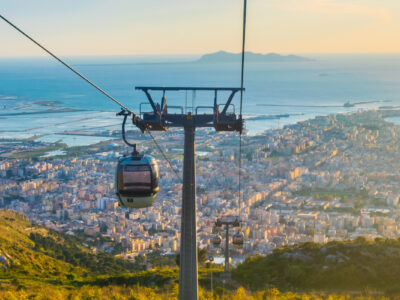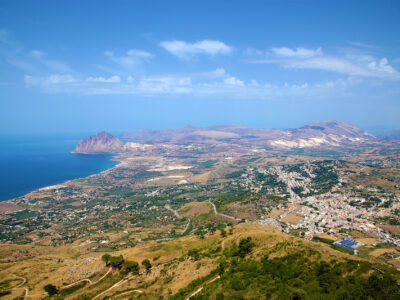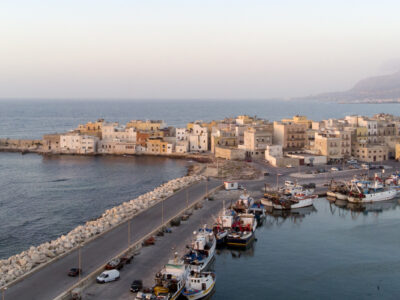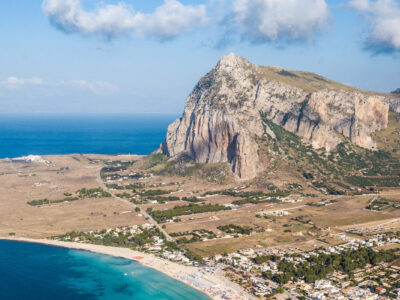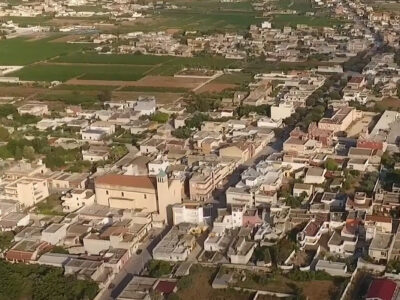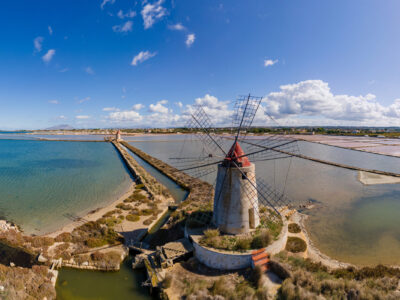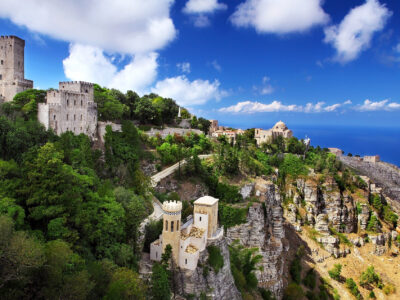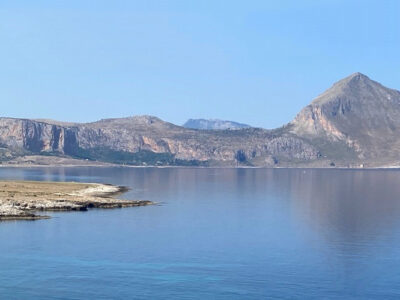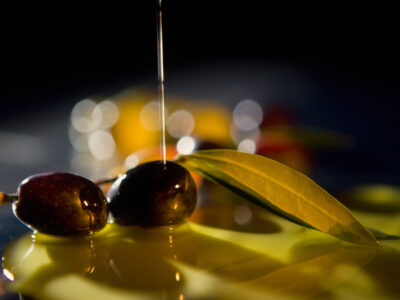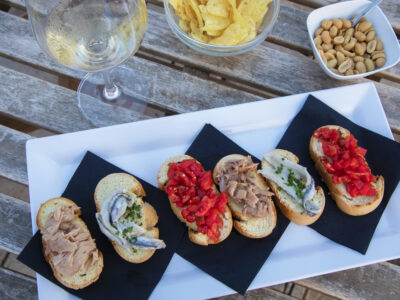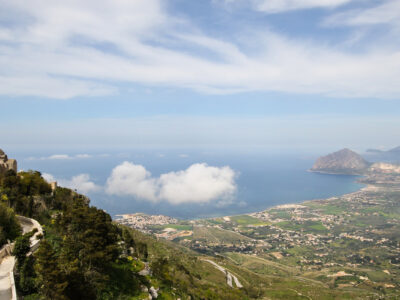Mazara del Vallo
Mazara del Vallo
Strategically located in the centre of the Mediterranean, between the European and African continents, Mazara has been conquered and reconquered many times in its history.
At the mouth of the Mazaro river, which flows through the city, is the canal port, which Italy’s first fishing fleet calls home.
The city has always been a crossroads, a favourite point of cultural and commercial exchanges. In this sense, its openness and multi-ethnicity are written into its history, still evident today in the massive presence of the Tunisian community.
The numerous civil and religious buildings in the historic centre testify to the cultural influences that have taken place throughout the city’s history.
An absolute must is a visit to see the Dancing Satyr, an extraordinary bronze sculpture from the Hellenistic period, discovered in the Strait of Sicily.
While in the surrounding area there are the interesting natural sites of the Integrated Natural Reserves of Lake Preola and Gorghi Tondi and the Marshes of Capo Feto and Margi Spanò.
The landscape of the Mazaro area, crossed by the Mazaro and Delia rivers, is very rich and diversified, distinguishing the sea and its coast and the Mazaro with the canal port.
Due to its varied geomorphology and the presence of human settlements, the landscape alternates between hills, marshes, lakes, streams, skiing (in Arabic, arid land) with xerophytic dwarf palm vegetation: it is interspersed with towers, baileys, stone mines (the excavations of San Cataldo are fascinating), mills, small churches, underground burial chambers (contrada Miragghianu), necropolis dug into the rock (contrada Roccazzo).
Scattered among the plateaus of the flat hills(deccachi), the fertile Mazara countryside is dotted between the crops and vines, baileys and towers.
The baileys, majestic fortified structures with an internal central courtyard, are typical rural architecture of the whole territory in Trapani province.
Culture and History
Founded at the time of the Phoenicians, on the left bank of the Mazaro river, as indicated by the meaning of the name Mazar (in Phoenician, fortress, castle) it fulfilled the role of fortress or outpost conferred on it by the greek Selinunte, in defense of its western borders. As a reminder of its function as the capital of the largest Wal in Arab Sicily, in 1862 it assumed the name of Mazara del Vallo.
Nothing remains of the fervent and prosperous Islamic period, other than in the intricate cultural matrix in its urban fabric.
With the Normans it was the seat of one of the oldest bishops in Sicily and in 1097 Ruggero held the first Parliament there. Today Mazaras story is told through the neighborhoods, the canal port, the religious complexes, the ancient buildings, and counts San Vito, the jurist Imam-Al Mazarì, the intellectual doctor Gian Giacomo Adria, the sculptor Pietro Consagra among its illustrious sons.
Unfortunately no accommodations were found.
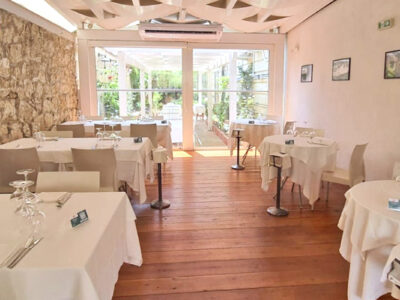
3-course fish menu at La Bettola Restaurant
via Franco Maccagnone, 32 - 91026 Mazara del Vallo (TP)Three-course fish menu (starter, first course and dessert) at the La Bettola Restaurant in Mazara del Vallo.
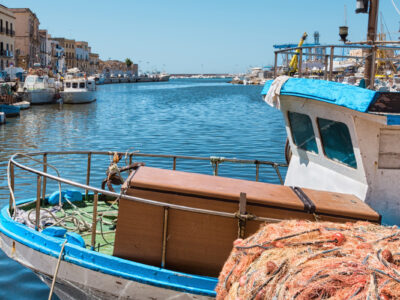
Meeting with local fisherman from Mazara del Vallo
via Isola delle Femmine, 25 - 91026 Mazara del Vallo (TP)Meeting at the port to meet the local fisherman from Mazara del Vallo, to discover anecdotes about their life at sea.
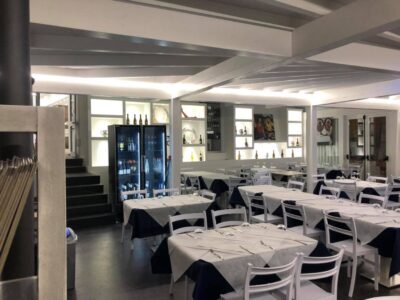
Red shrimp cooking class at the La Vela Restaurant
Via lungomare Mazzini - 91026 Mazara del Vallo (TP)Cooking lesson on the Mediterranean Red Shrimp at the La Vela restaurant in Mazara del Vallo, the real specialty of the place.
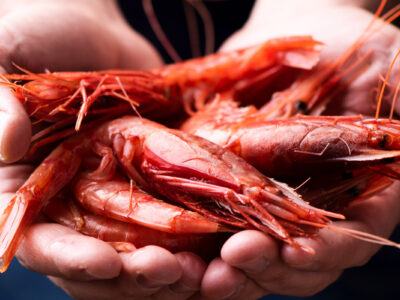
The Red Shrimp and the Mediterranean catch Tour – 3 days
Mazara del ValloDiscover Mazara del Vallo, a splendid town famous above all for its casbah, the fascinating and colourful Arab quarter which is the beating heart of the town, as well as for its red prawns.


